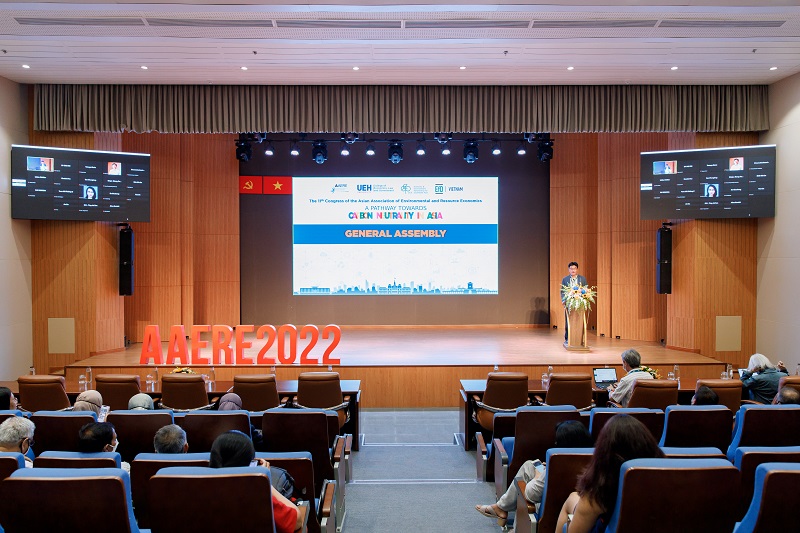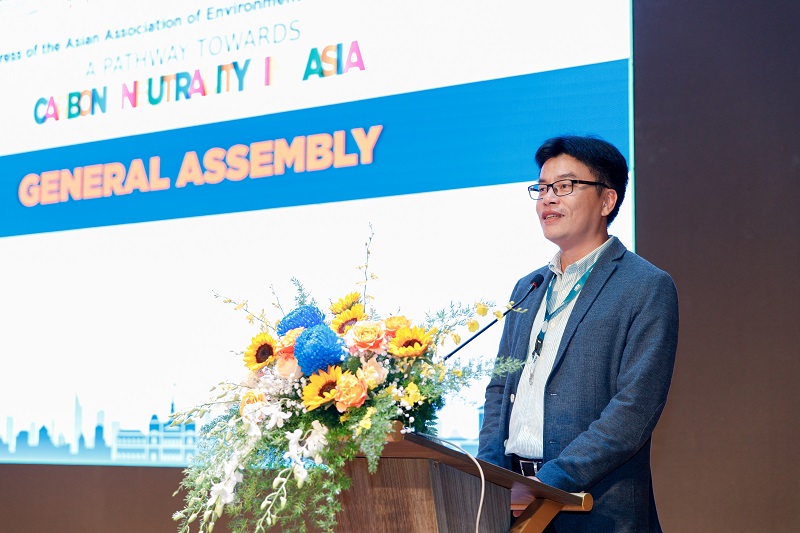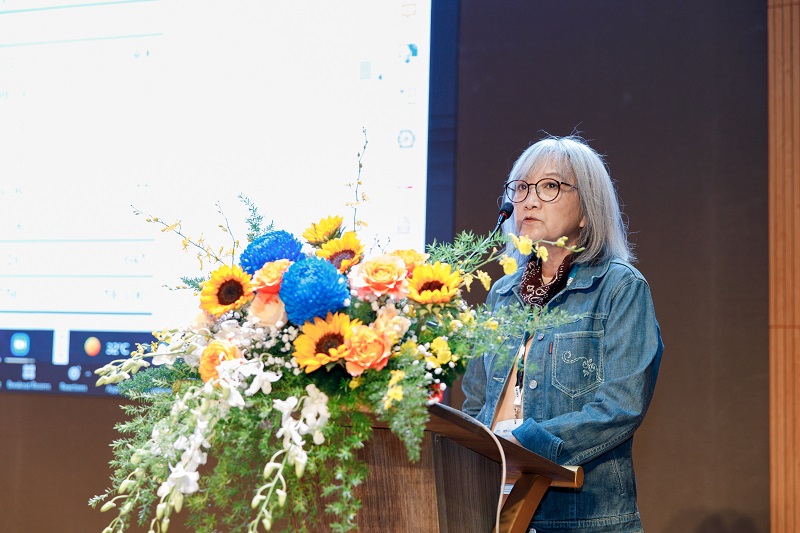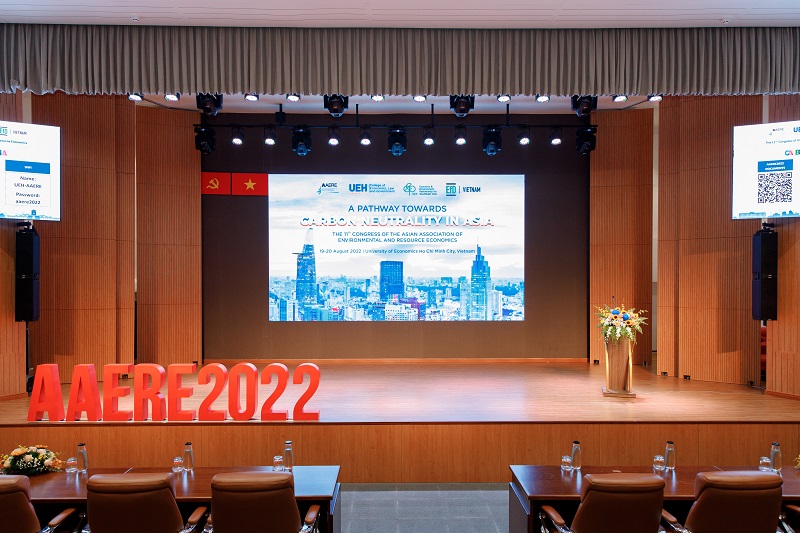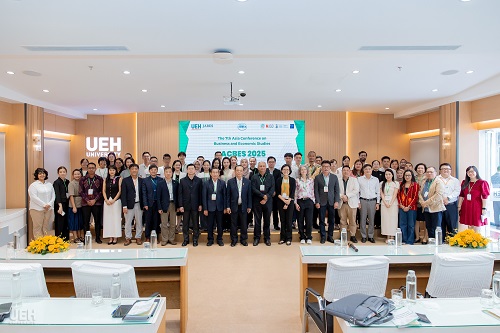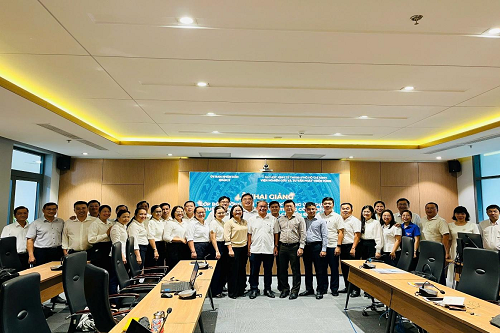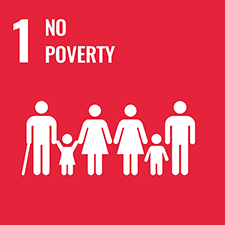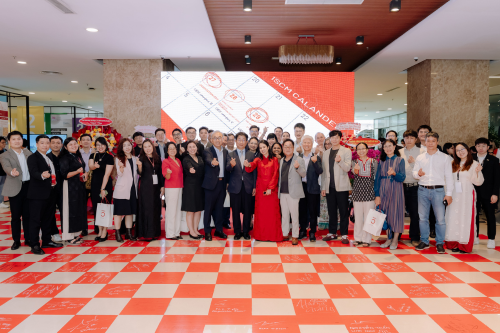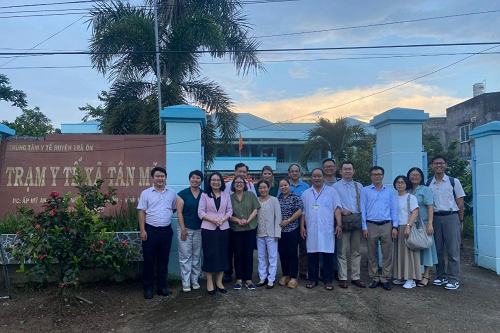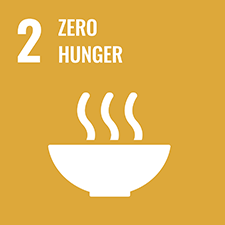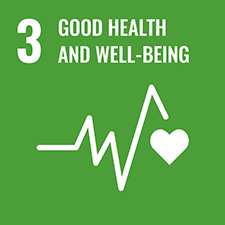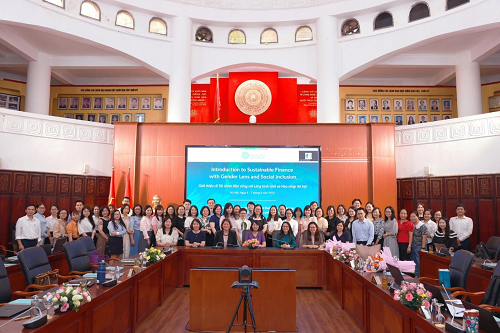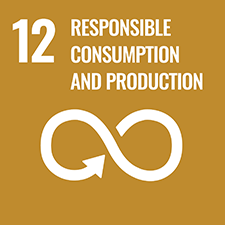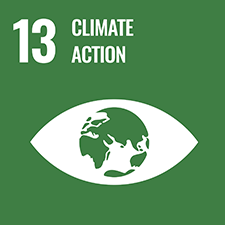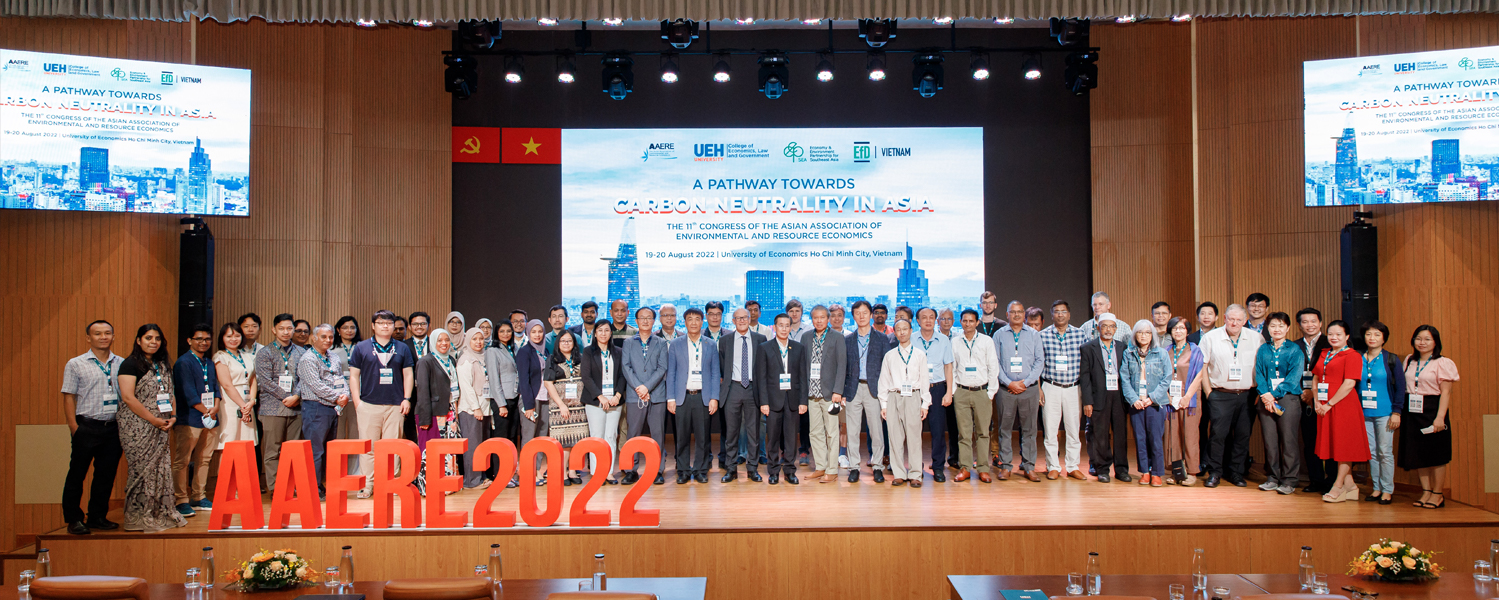
The international congress “A pathway towards carbon neutrality in Asia”
22 Aug, 2022
On 19th and 20th August, 2022, University of Economics Ho Chi Minh City (UEH) cooperates with the Asian Asssociation for Environmental and Resource Economics (AAERE) to organize an international conference on the topic “A pathway towards Carbon Neutrality in Asia”. This is the 11th Congress of the Asian Association of Environmental and Resource Economics, being hosted by the Institute of Environmental Economics in Southeast Asia (EEPSEA) and the School of Economics, Law, and Government, UEH (CELG). The Congress is a forum for scholars to discuss in-depth on many interesting and important topics beyond carbon emission such as biodiversity, water quality, waste management, environmental and sustainable development. Among them, the topic "Reconciling Economic Success with Climate Risks in Vietnam" has been received much attention, sharing and discussion. In particular, the Congress devotes an in-depth discussion session for universities to share strategies and action programs towards carbon neutrality, building and developing a network of sustainable universities, including the leading role of UEH.
The Congress “A pathway towards carbon neutrality in Asia” is organized with the participation of economists, domestic and foreign policymakers such as: Dr. Muthukamara Mani (Lead Economist in the Office of the Chief Economist of the World Bank's South Asia Region), Prof. Paul Ekins (UCL Institute for Sustainable Resources), Prof. Su Dinh Thanh (Ho Chi Minh City University of Economics), Prof. Soocheol Lee, Prof. Budy Prasetyo Resosudarmo, Prof. Ken-ichi Akao (Asian Environmental and Resource Economics Association), Prof. Orapan Nabangchang, Dr. Phumsith Mahasuweerachai, Dr. Rawadee Jarungrattanapong (Institute of Economics and Environment for the Lower Mekong Subregion), Prof. Arief Anshory Yusuf (Institute of Economics and Environment Indonesia), Prof. Awang Noor Abd Ghani (Malaysian Institute of Economics and Environment), Prof. Bui Dung The (Vietnam Institute of Economics and Environment), Prof. Nguyen Trong Hoai (Editor-in-Chief of Asian Business and Economic Research Journal - JABES)… In addition, the conference attracts the participation of leaders of a number of universities and research institutes in the network of domestic and foreign universities with the same direction for sustainable development: University College London (United Kingdom), Waseda University (Japan), Australian National University (Australia)…
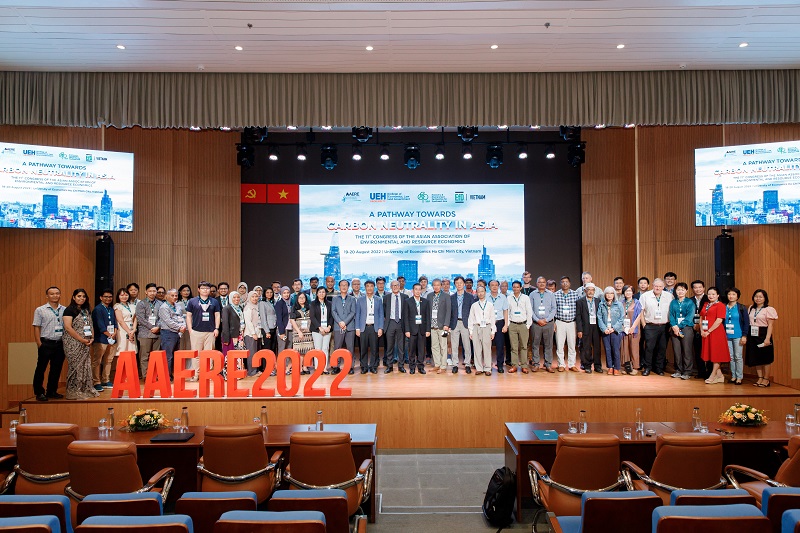
Carbon neutrality has become a keygoal on the world’s agenda of combatting climate and environmental issues. With the insight of carbon dioxide effects on global climate and the environment, being carbon-neutral is increasingly seen by governments as an urgent goal to achieving sustainable development. By COP26 in 2021, 136 countries have pledged to achieve the state of carbon neutrality within this century.Big emitters have shared plans on becoming carbon-neutral: the European Union, the United States, Australia and Brazil aims to achieve net-zero emission by 2050. In Asia-Pacific, a region responsible for 80% of the world’s coal consumption and 60% of carbon dioxide emission, Japan has pledged for 2050 and China 2060, while India looks towards 2070 as the threshold. Most Southeast Asian countries have also set target to achieve net-zero carbon emission around mid-century. As for Vietnam, Vietnamese Prime Minister Pham Minh Chinh has announced a solid commitment to responding to climate change with a goal of net-zero emissions reduction by 2050. Reaching carbon neutrality requires tremendous changes in the energy sector of countries as the process involves reducing fossil fuel use, switching to low-carbon or renewable energy, increasing energy use efficiency, as well as forest conservation, afforestation, and changing to low-carbon lifestyle and consumption. This process is particularly challenging for Asian countries that are fuel-based economies and have competing development goals.
The organizing committee received 204 papers from scholars, researchers, policymakers, lecturers and fellows worldwide (more than 191 authors submitted from more than 30 countries, 130 research institutes/universities/ministries). The percentage of submissions from foreign scholars accounted for 94% of the number of submissions to the conference. The articles were peer-reviewed by famous scientists in the scientific council. As a result, there were 150 papers that were evaluated with theoretical as well as practical quality, divided according to the discussion sessions of the congress. The presentations at the Conference continued to receive suggestions for improvement. After that, high-quality articles will have the opportunity to publish in prestigious journals such as Journal of Asian Business and Economic Research - UEH (JABES).
The congress took place over two days ( 19 – 20 of August 2022) with many parallel and thematic sessions with in-depth topics: (1) Carbon neutrality; (2) Impact and mitigation policies of climate change; (3) Renewable energy and electricity; (4) Non-market valuation; (5) Biodiversity and ecosystem management; (6) Waste management and circular economy; (7) Low carbon building, house, and home appliances; (8) Climate change and food, forest and agriculture; (9) Climate change and community resilience: insights from South Asia; (10) Accelerating energy transitions: industry, infrastructure, institution and policy; (11) Sustainable energy in Southeast Asian countries, …Though we are from various countries, we all face almost the same big problems in the region, especially environmental degradation, climate change and Covid-19. Synergy from the research network like AAERE and EEPSEA (UEH), together with the integration of transdisciplinary approaches, could boost effective, inclusive and sustainable solutions. The UEH university would even more support that connection.
The highlight of the Congress came from two presentations by two world-renowned speakers:
(1) Prof. Paul Ekins - Institute for Sustainable Resources - University College London presented the topic “Getting to carbon neutrality” Challenges and implications for Vietnam”and outlined outlined the specific directions that UCL had been taking in its carbon-neutral roadmap with the goal of reducing campus carbon emissions by 2024 by using green energy sources, and by 2030 producing green energy at UCL and using new energy sources instead of fossil energies. The professor said that the world in general and Asia, in particular, have been facing extreme climate change; besides, there will be dangerous dangers that different countries are taking different measures to prevent. The reduction of carbon emissions in the short term has limitations such as reduced GDP, increased investment costs for carbon emissions reduction, etc., but in the long run, it brings many new opportunities foreconomic development from the reduction of carbon emissions. Development of renewable energy technologies. To move towards the carbon neutral roadmap, it is necessary to involve the governments of countries with policies to promote sustainable development, and mitigate climate change, thereby reducing potential costs. “Radical policy interventions are required to bring about the low-carbon technological revolution. Changing this political reality is the necessary condition for the adequate mitigation of climate change, and promoting environmental sustainability more generally, which will alone avoid the potentially enormous, but still very uncertain, costs of massive global change”, he concluded.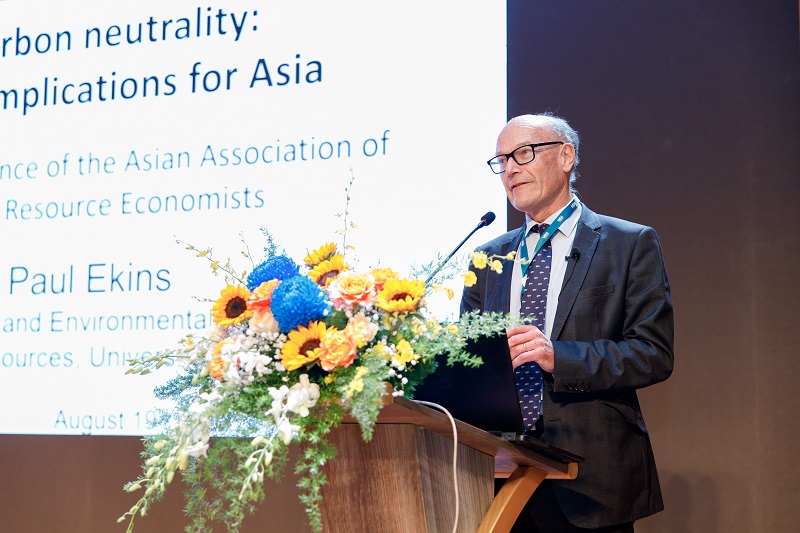
(2) Dr. Muthukumara Mani - Lead Economist in the Office of the Chief Economist of the World Bank's South Asia Region presented the topic “Reconciling Economic Success with Climate Risks in Vietnam”. His analysis sheds light on the contrast between the narrative that Vietnam wants to achieve economic success by 2045 and the climate risks that could threaten economic success expectations. Specifically, Vietnam aspires to become a high-income economy by 2045: The fastest growth rate of Gross Domestic Product (GDP) per capita (5.5 percent a year on average), resulting in a three-and-a-half-fold increase in per capita income. Significant structural transformation, with the agricultural sector's share in GDP falling from more than 40% in the late 1980s to less than 20% in recent years,... For Vietnam to reach high-income status, it will need to exceed its historical growth rates achieved during the 1990-2020 period. Meanwhile, Vietnam’s 100 million people are among the most vulnerable in the world to the ravages of climate change. Climate change poses an increasingly severe threat to Vietnam’s agricultural, forestry, and fishery sectors: In the North, rising temperatures are likely to lead to heat stress and productivity losses and shorten plant growth cycles, with severe water shortages curbing annual yields. In the center, coastal areas and cities are increasingly exposed to flooding caused by typhoons and tropical storms. In the South, the vast Mekong Delta region is particularly at significant risk from sea level rise. As such, building a recovery roadmap will not be cheap and will require additional reforms. The speaker proposed six priority policy packages to realize Vietnam's economic and environmental goals successfully..
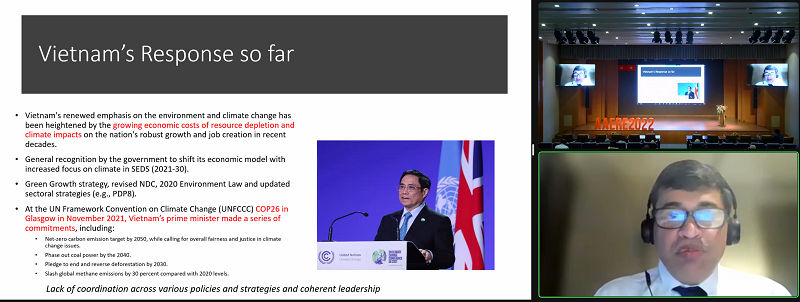
Prof. Su Dinh Thanh - President of UEH said “With a strong restructuring process towards multi-industry and sustainability, The University of Economics Ho Chi Minh City has enough capacity to promote multidisciplinary research and collaborate with partners to solve regional problems. As the host organization of the international scientific conference " A pathway towards carbon neutrality in Asia ", the congress has promoted its role as an effective launch platform, connecting scientistsand policymakers, together in in-depth discussions to find possible solutions for a sustainable future roadmap”.
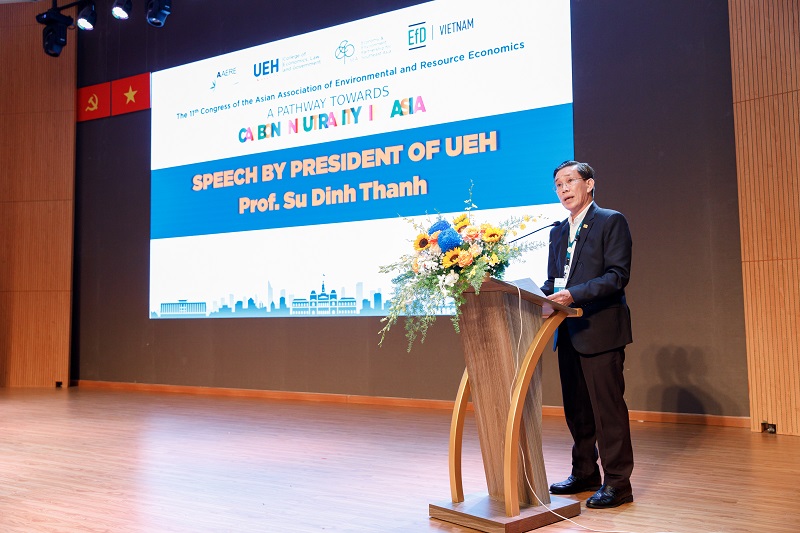
Other pictures at conference:
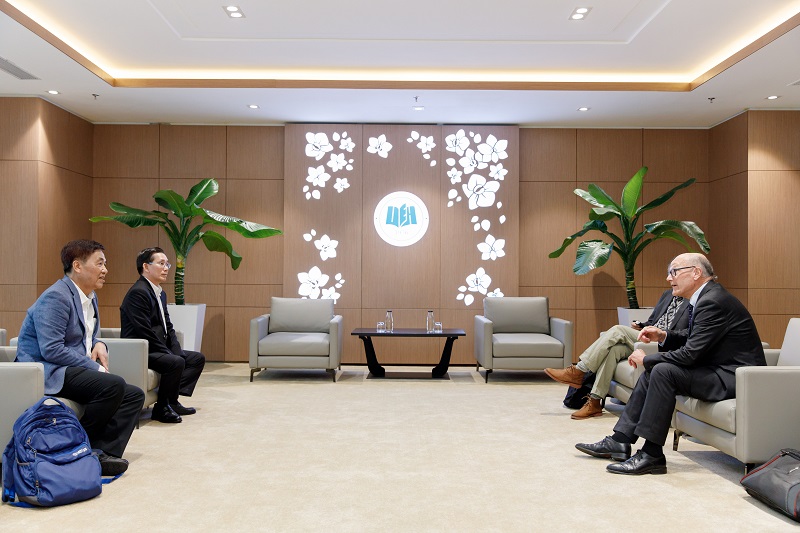
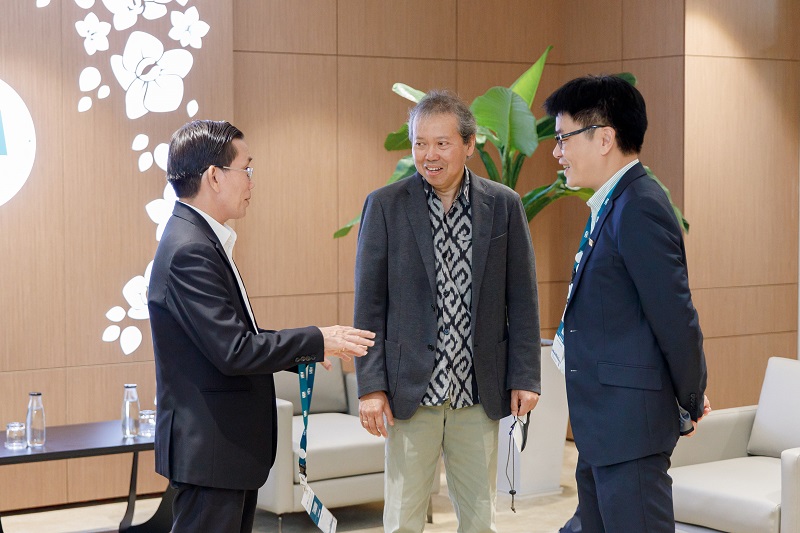

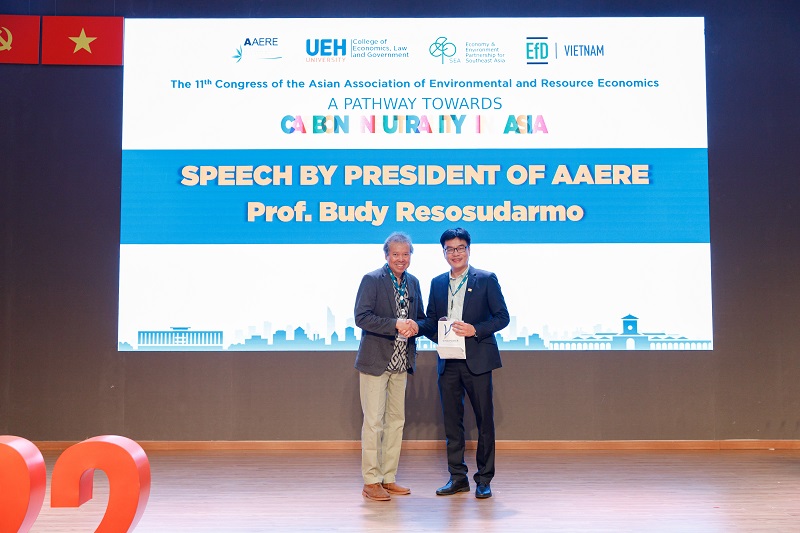
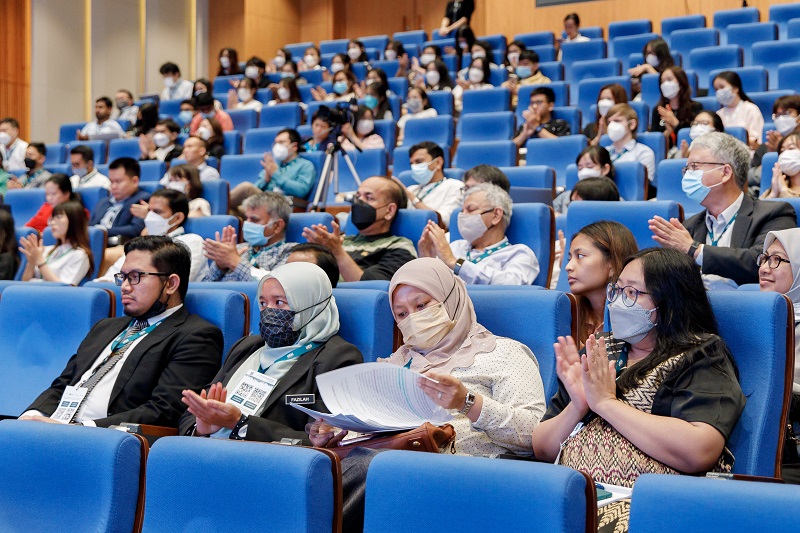
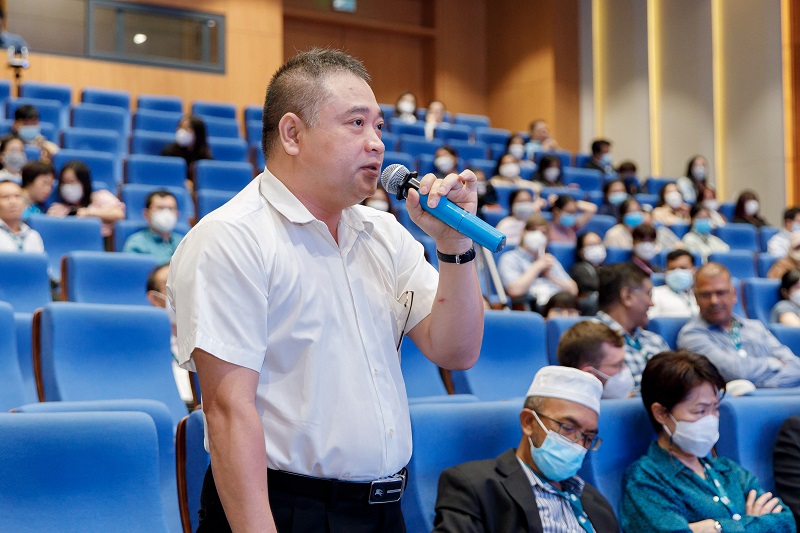
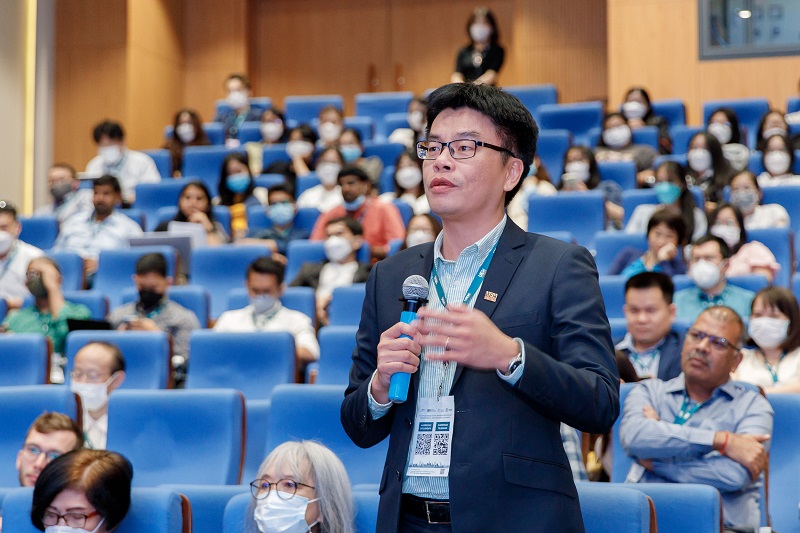
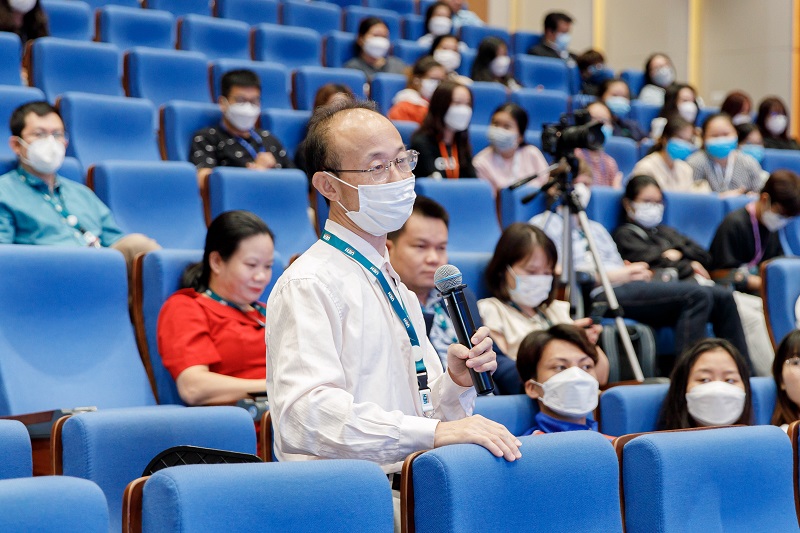
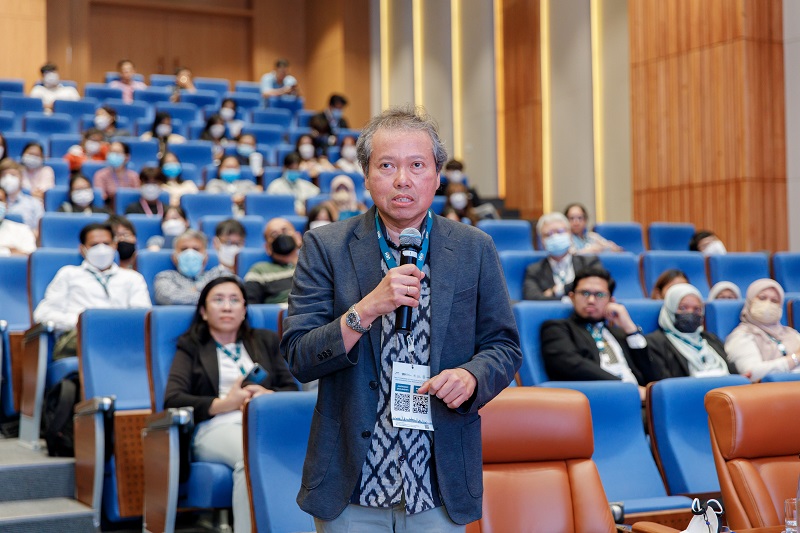
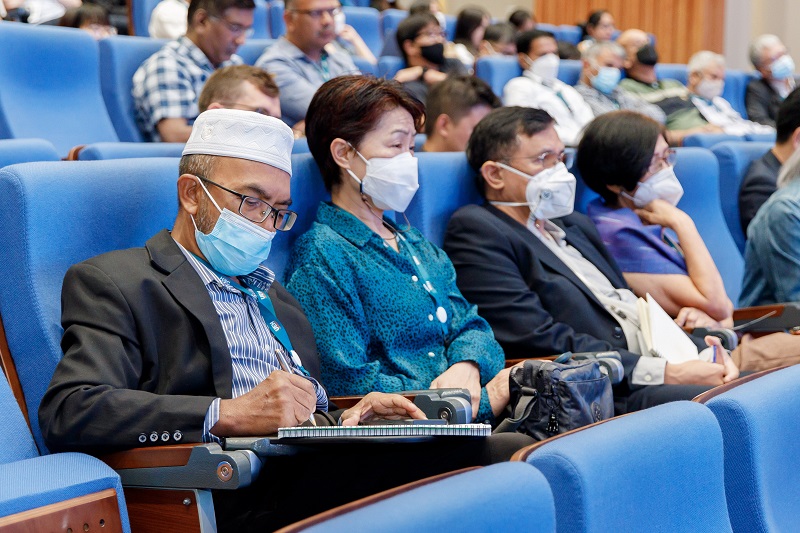
Toàn cảnh phiên khai mạc hội thảo
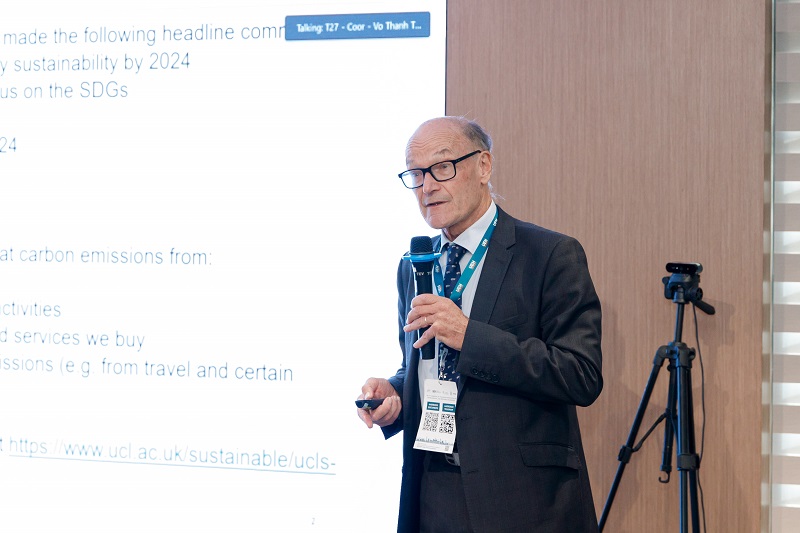
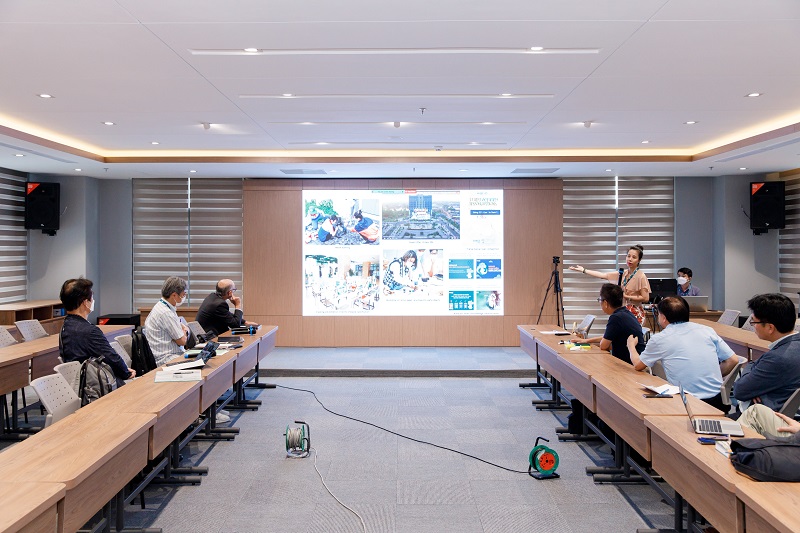
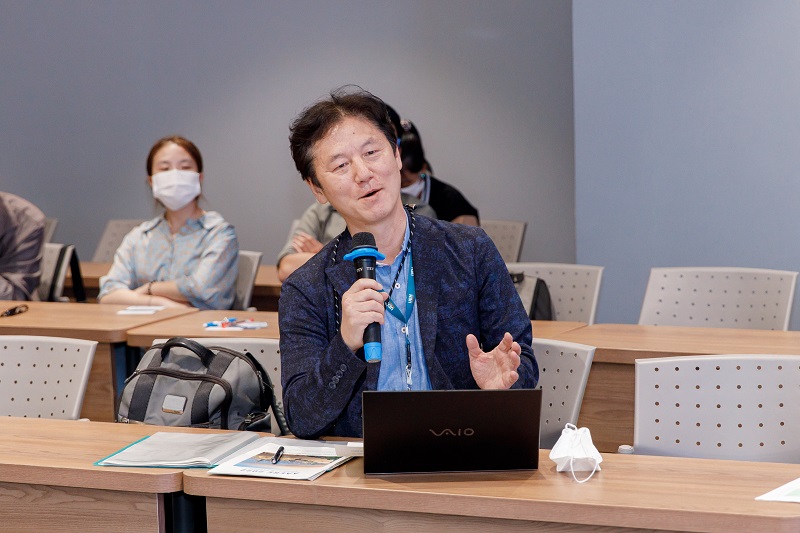
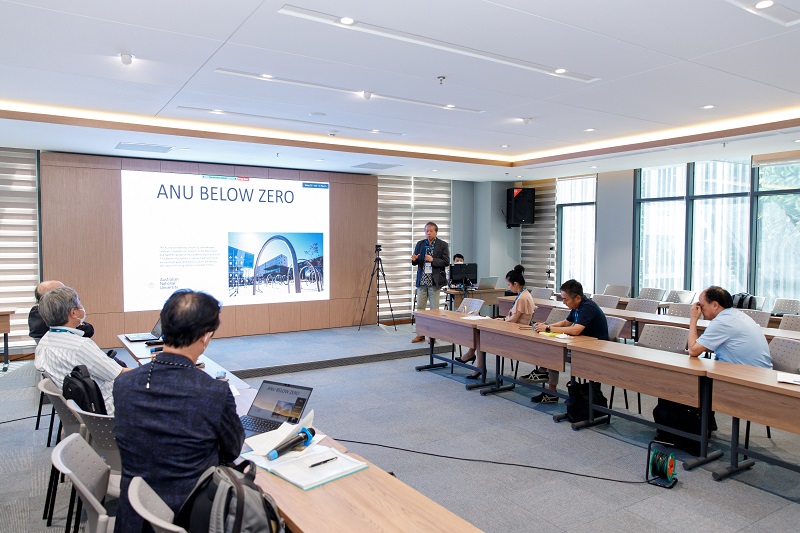
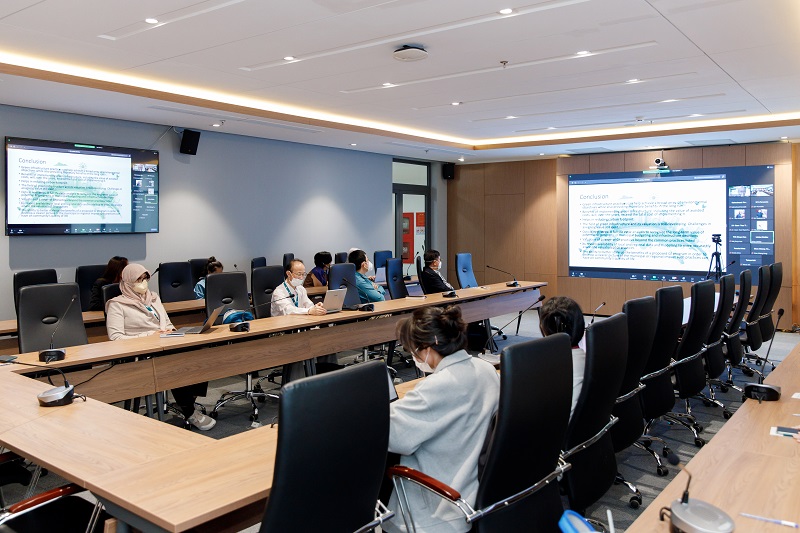
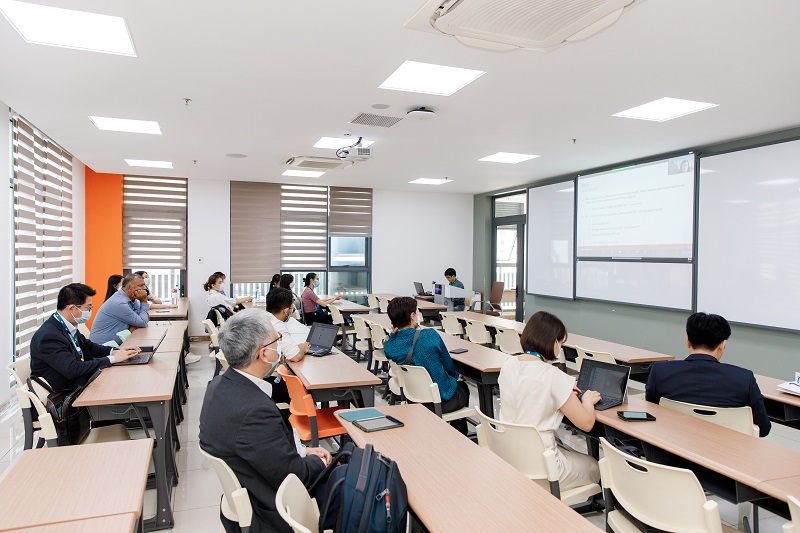
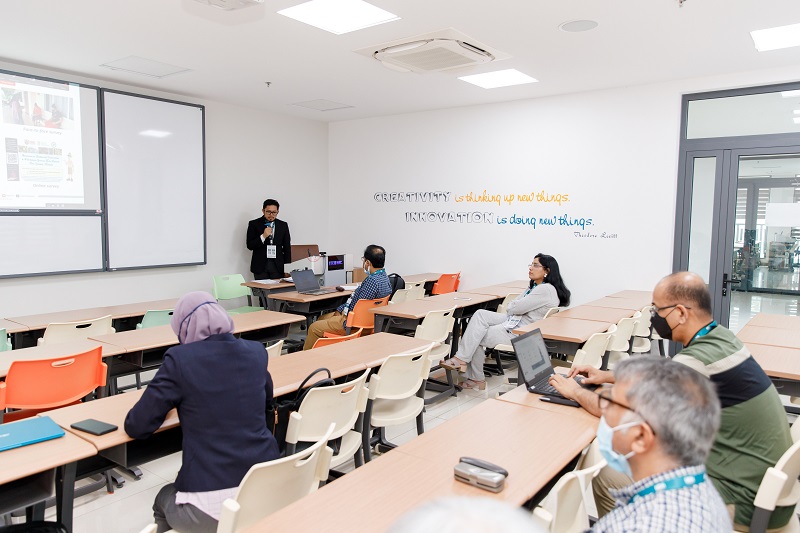
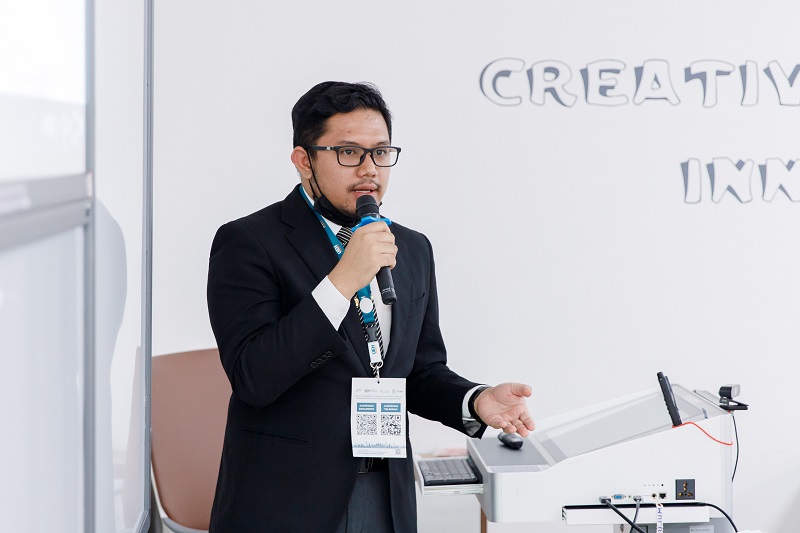
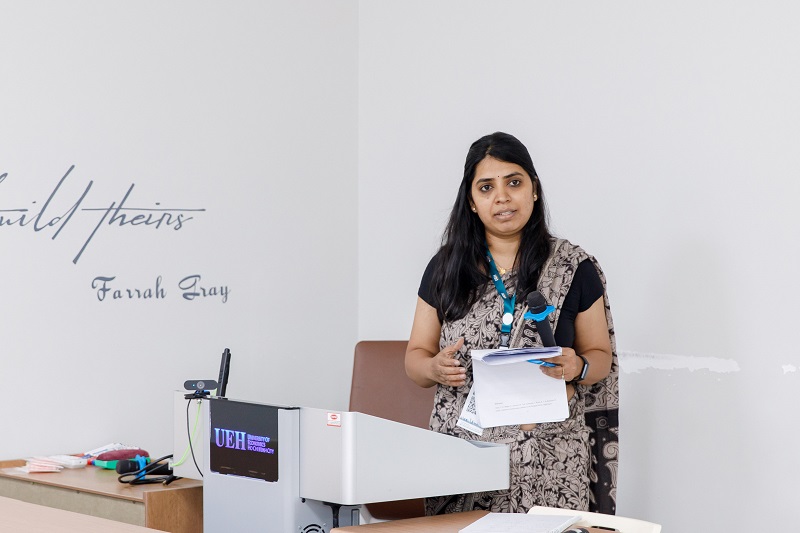
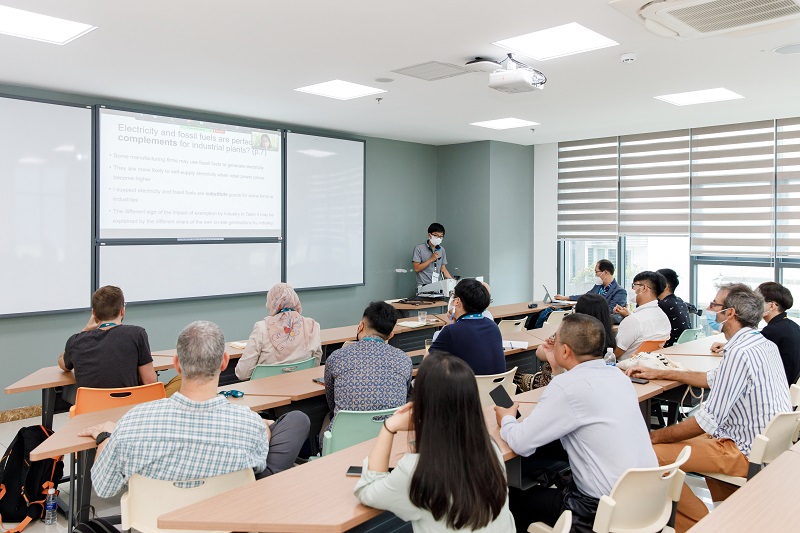
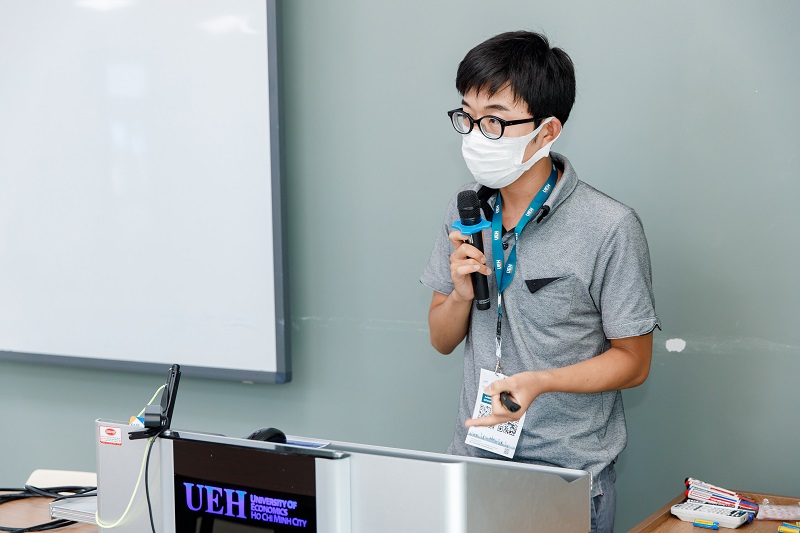
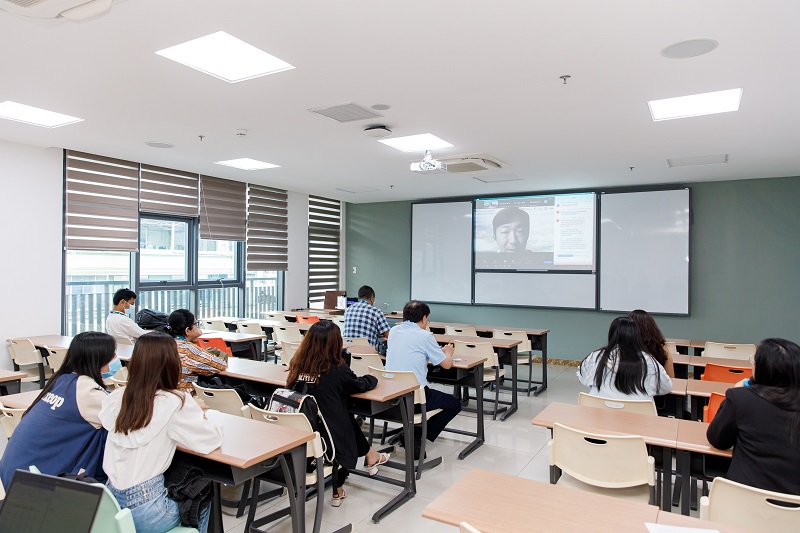
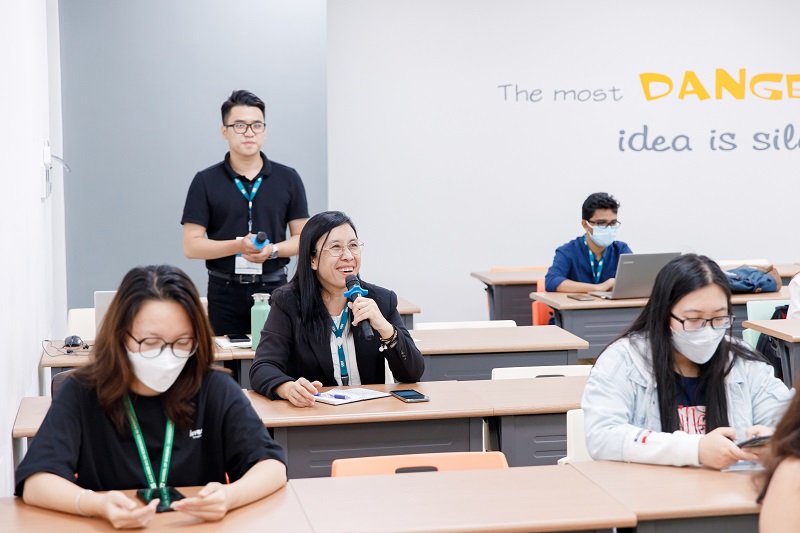
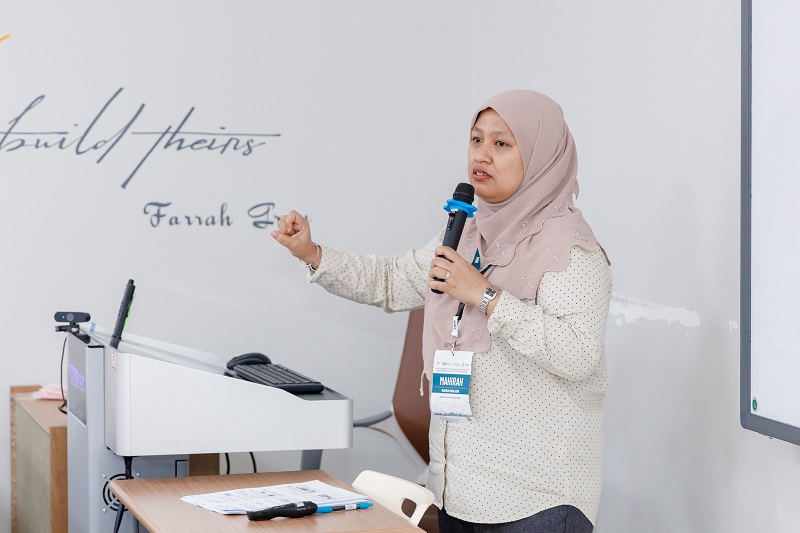
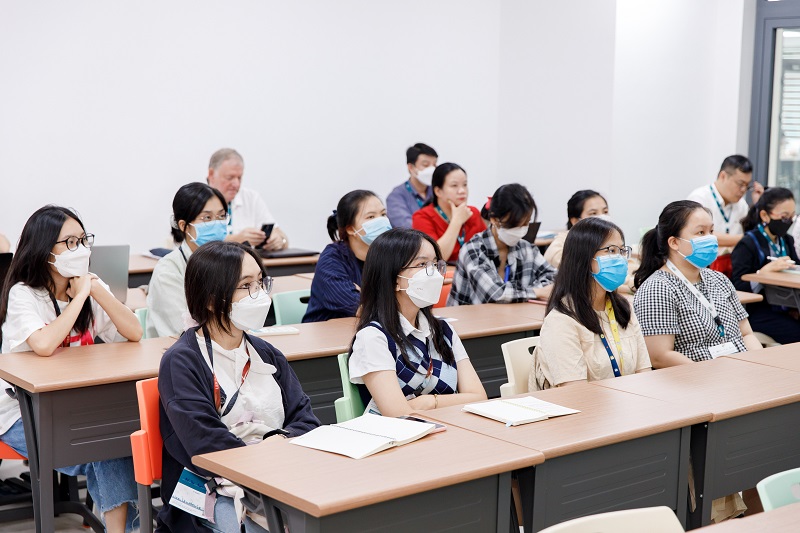
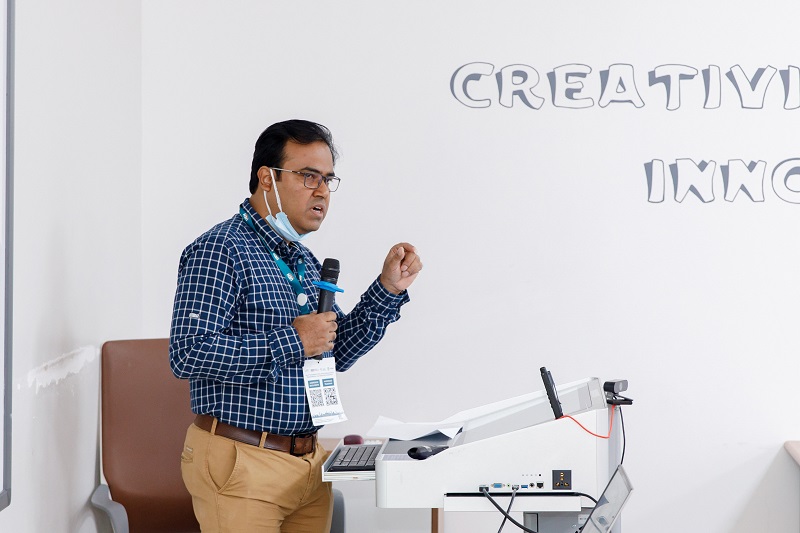
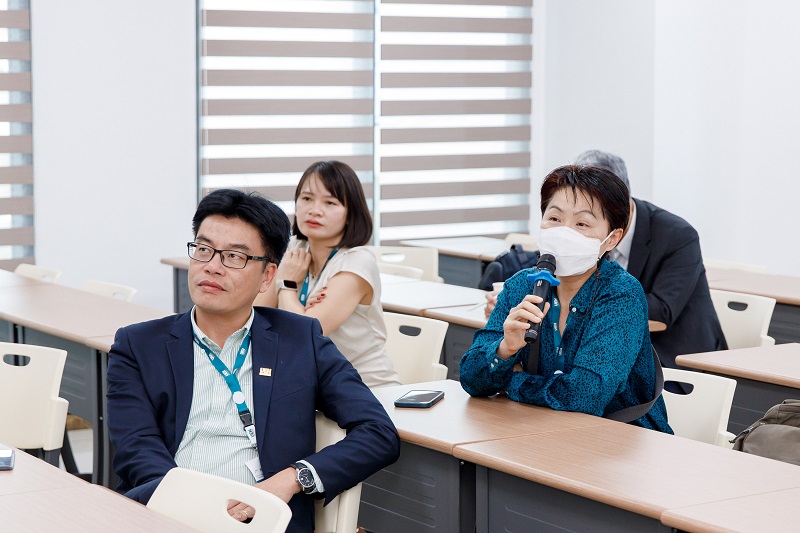
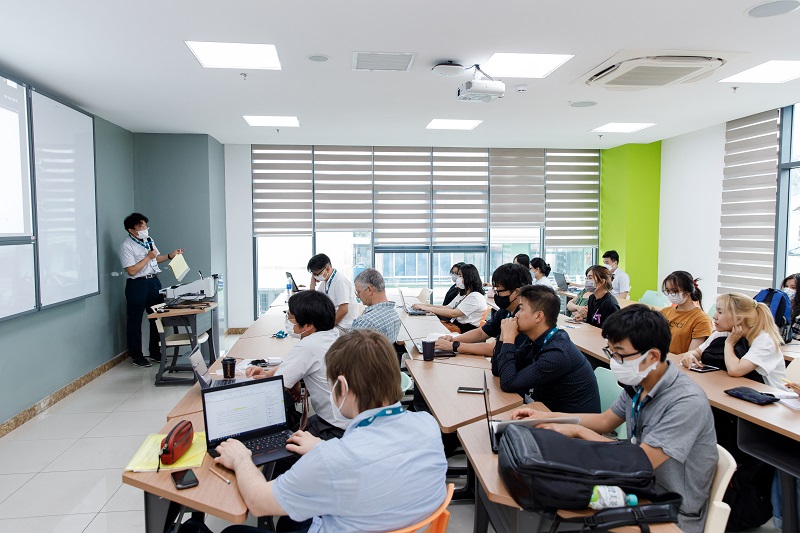
Các phiên thảo luận
